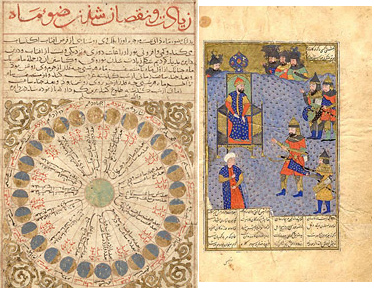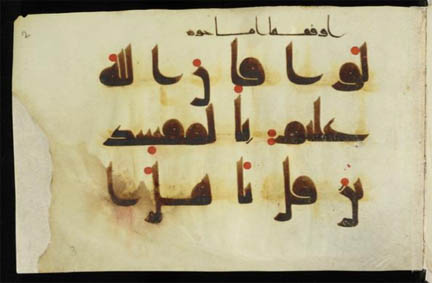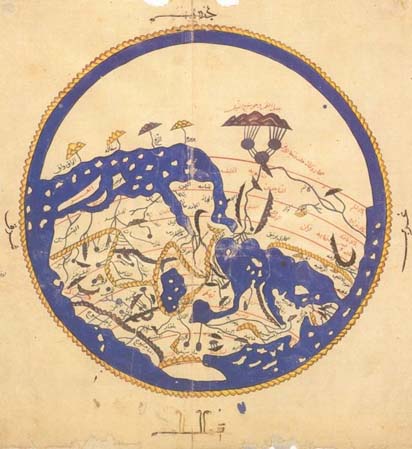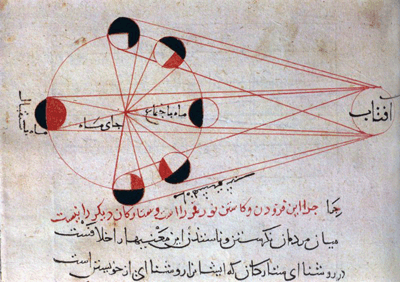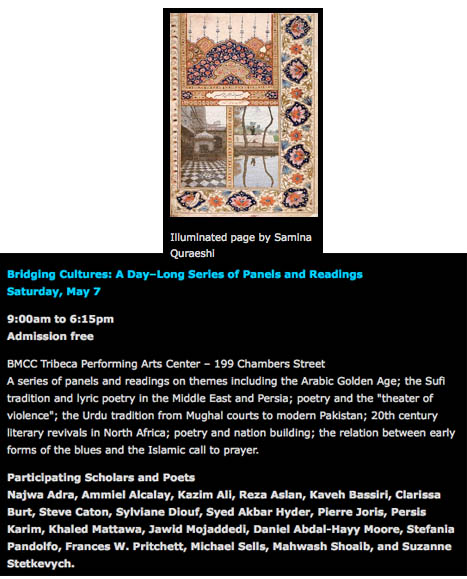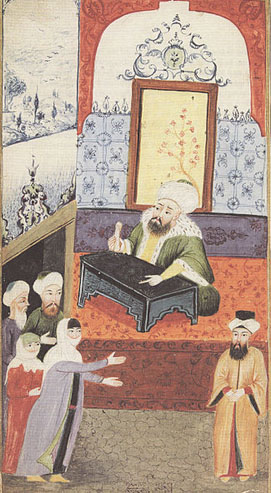
An unhappy wife is complaining to the Qadi about her husband’s impotence, 18th century.
Fresh Air, NPR, April 16, 2012
Sadakat Kadri is an English barrister, a Muslim by birth and a historian. His first book, The Trial, was an extensive survey of the Western criminal judicial system, detailing more than 4,000 years of courtroom antics.
In his new book, Heaven on Earth, Kadri turns his sights east, to centuries of Shariah law. The first parts of his book describe how early Islamic scholars codified — and then modified — the code that would govern how people lead their daily lives. Kadri then turns to the modern day, reflecting on the lawmakers who are trying to prohibit Shariah law in a dozen states, as well as his encounters with scholars and imams in India, Pakistan, Syria, Egypt, Turkey and Iran — the very people who strictly interpret the religious and moral code of Islam today. And some of those modern interpretations, he says, are much more rigid — and much more draconian — than the code set forth during the early years of Islamic law. Continue reading Interpreting Shariah Law Across The Centuries
